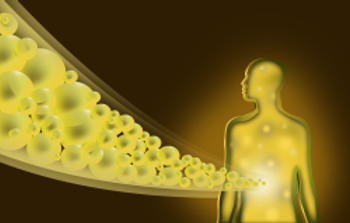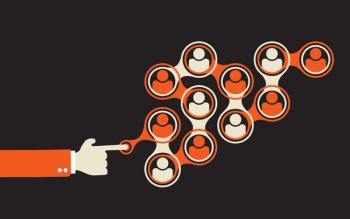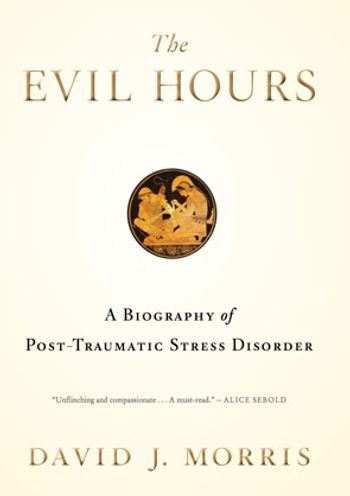
How do the 3 FDA-approved dopamine receptor partial agonists for the treatment of MDD and other psychiatric disorders stack up against each other?

How do the 3 FDA-approved dopamine receptor partial agonists for the treatment of MDD and other psychiatric disorders stack up against each other?

Breakups hurt. Even the traditional methods are painful. But an adios via a third party? How cold is that?

Of the 3.6 million military personnel deployed to Operation Iraqi Freedom and Operation Enduring Freedom, over half are married and about 53% are parents. As these veterans return home, the process of reintegration can have a variety of effects.

A new finding that may help optimize the treatment of major depressive disorder.

The first episode of psychosis represents a critical juncture in the treatment of schizophrenia. Here: A synopsis of 2-year outcomes from the NIMH Recovery After an Initial Schizophrenia Episode (RAISE) Early Treatment Program.

Before flibanserin, there were no FDA-approved treatments for hypoactive sexual desire disorder. The authors clarify the intricacies of an HSDD diagnosis and discuss implications for treatment.

Psychiatrists increasingly recognize that not all treatments for depression are created equal-but in this case, an entirely different diagnosis came to light.

The challenges in providing mental health care to the college community are significant. Here's a brief look at the issues.

For all its popular appeal, the science that has emerged on cannabis use does not look good--especially for the teenage brain.

Psychiatrists can provide significant support and insight to patients who are now coming to campus with a wide array of mental health challenges.

Who is responsible for treating the adolescent and young adult with psychiatric issues -- and when and how should transitions in care occur?

Here's why Trieste is the place this psychiatrist would most want to be if he had a severe mental illness.

My penmanship sucks. So does my typing. I’ve been this way since seventh grade...

The author scrutinizes the results of a new pilot study that finds the Fisher Wallace Stimulator® effective in treating bipolar depression.

How far can the regulation of medicine extend without becoming Orwellian?

This article summarizes clinically relevant advances in the psychiatric care of women during and after pregnancy, including recent changes in how the FDA classifies pregnancy risk for medications, and best practices in perinatal psychopharmacology.

As 2015 comes to an end, here's what psychiatry can -- and can't -- bring to the table, especially when it comes to acts of terrorism.

By failing to provide adequate care and housing for the mentally ill, we have condemned 350,000 to jails and 250,000 to the streets.

A Q&A with David J. Morris, author of The Evil Hours, a moving biographical book based on a young veteran’s experience with PTSD.

This article reviews DSM-5 changes to symptom criteria for bipolar disorder with a focus on treatment of bipolar depression and cyclothymic disorder.

Remembering notable clinicians and members of the public who made a difference.

Information about the performance of clozapine compared with other treatment strategies in usual practice may impact on its use in routine clinical settings. Here: findings from US national Medicaid data in a cohort of patients with treatment-resistant schizophrenia.

Researchers conducted a clinical trial comparing light therapy with antidepressant monotherapy. Here's what they found.

When it comes to treating ADHD, not all medications are alike.

There is no one-size-fits-all solution to how people and cultures should respond to overwhelming stress, depression, and trauma.

I miss a gentler America-one where assault weapons and 14 dead people weren’t part of the daily ride to work. Can we work together to get back there?

Do you know these 10 signs that may help you differentiate early signs of ADHD from the “typical” behavior of a 3- to 4-year-old?

Most psychiatrists do not fit neatly into the biological or psychodynamic camps. Instead, like surgeons, they will implement tools that reduce the suffering and enhance the well-being of the patient.

On the heavy cost of savage warfare and its aftermath.

Can mobile technologies advance care for schizophrenia? The research literature strongly supports feasibility, although clinical data on validity, safety, and efficacy are still lacking.